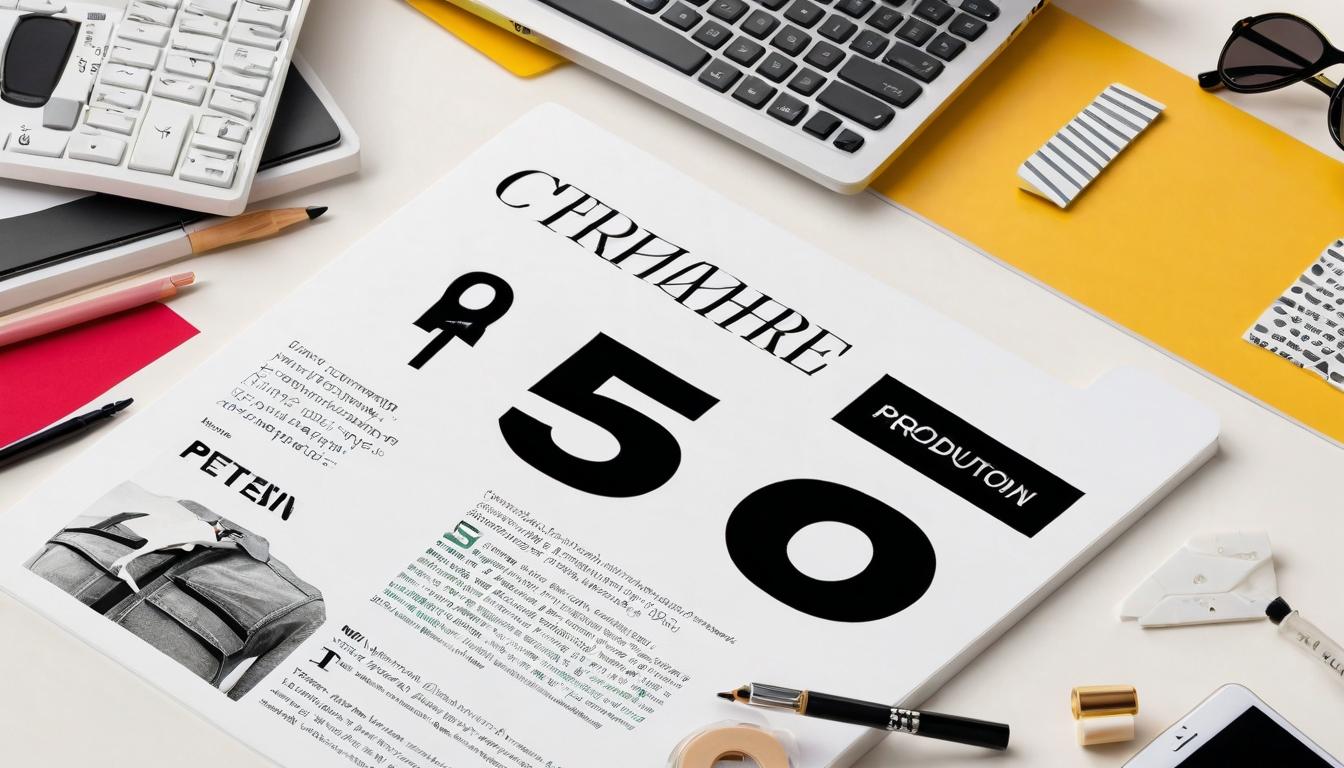In the hushed ateliers of Paris and the bustling workshops of Milan, a seismic shift is occurring beneath the surface of fashion's glittering facade. While fast fashion continues to dominate headlines with its relentless churn of trends, a more profound movement is taking root—one that prioritizes craftsmanship over convenience and longevity over immediacy. This isn't just another seasonal trend; it's a fundamental reimagining of how we relate to the clothes we wear.
Designers who once chased the relentless cycle of fashion weeks are now embracing slower production timelines, investing in techniques that have been passed down through generations. In Florence, third-generation artisans are suddenly in high demand as luxury houses rediscover the value of hand-stitched leather and meticulously woven textiles. The very definition of luxury is being rewritten from something that screams status to something that whispers quality.
Consumers are driving this change with their wallets and their values. The rise of the 'conscious consumer' has forced brands to become more transparent about their supply chains than ever before. People aren't just asking who made their clothes—they're asking about the environmental impact of the dyes, the working conditions in the factories, and the longevity of the garments. This scrutiny has created a new breed of fashion labels that build their entire identity around radical transparency.
Social media has become an unexpected ally in this movement. Where platforms like Instagram once accelerated the pace of trend cycles, they're now being used to showcase garment care, repair tutorials, and behind-the-scenes looks at ethical production. Influencers who built followings on hauls and disposable fashion are now pivoting to content about capsule wardrobes and investment pieces. The narrative is shifting from 'what's new' to 'what lasts'.
The secondhand market has evolved from thrift stores to sophisticated resale platforms that make pre-loved fashion desirable. Luxury consignment is growing at an unprecedented rate, with some pieces appreciating in value over time. This circular economy isn't just about sustainability—it's creating new business models that challenge the traditional fashion calendar. Suddenly, a dress from three seasons ago isn't outdated; it's vintage.
Technology is playing a crucial role in this transformation. Blockchain is being used to verify supply chains, while AI helps predict more accurate production numbers to reduce waste. 3D sampling allows designers to create prototypes without physical materials, and augmented reality fitting rooms minimize returns. These innovations aren't just making fashion more sustainable; they're making it smarter.
Yet challenges remain. Greenwashing has become rampant as brands jump on the sustainability bandwagon without making substantial changes. The higher price points of ethically produced clothing remain inaccessible to many consumers, creating a divide between those who can afford to shop consciously and those who cannot. The industry is grappling with how to make sustainable fashion truly inclusive rather than another form of elitism.
What emerges is a complex picture of an industry in transition. This isn't about perfection—it's about progress. From the designer who incorporates deadstock fabrics into their collection to the consumer who chooses to repair rather than replace, each small act contributes to a larger transformation. The future of fashion isn't just about looking good; it's about feeling good about how our clothes came to exist and where they'll go when we're done with them.
The revolution won't happen with a bang but with countless quiet decisions: choosing quality over quantity, valuing craftsmanship over speed, and recognizing that the most fashionable thing we can wear is our values. As the industry continues to evolve, one thing becomes clear—the era of thoughtless consumption is ending, and a new age of mindful elegance is beginning.
The quiet revolution of slow fashion: why conscious consumption is reshaping the industry

